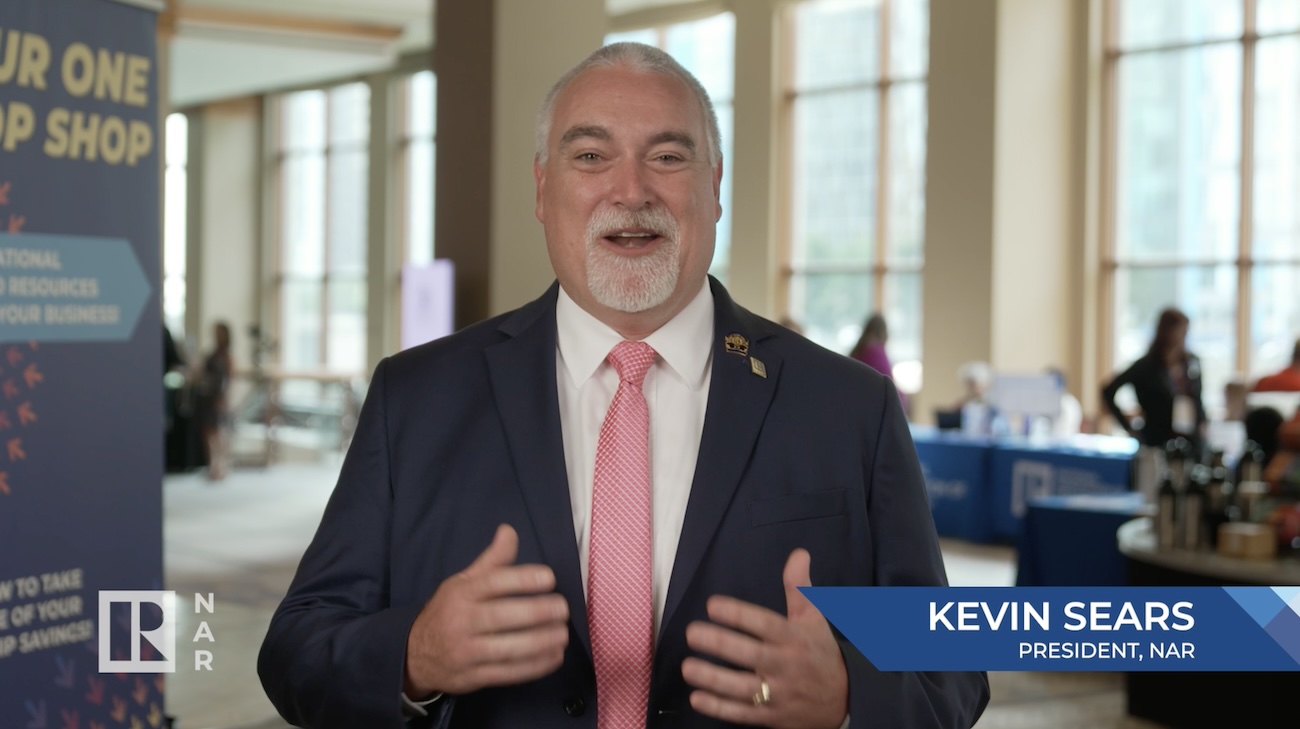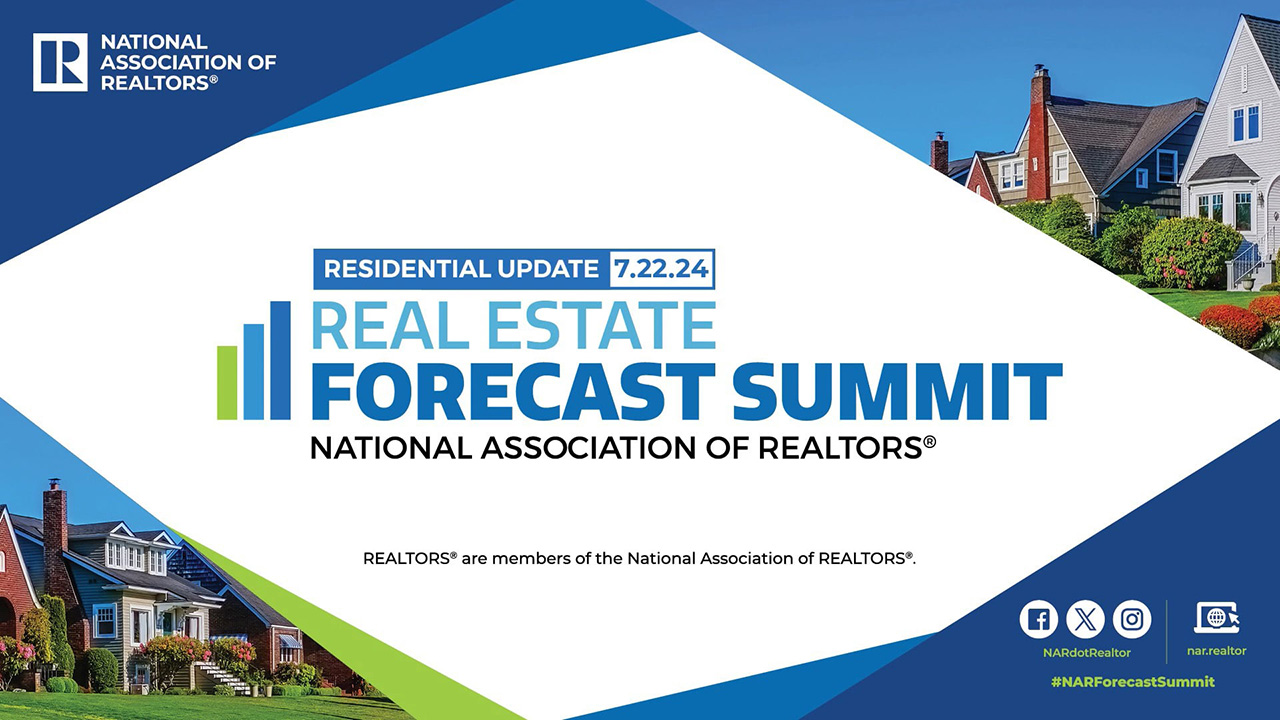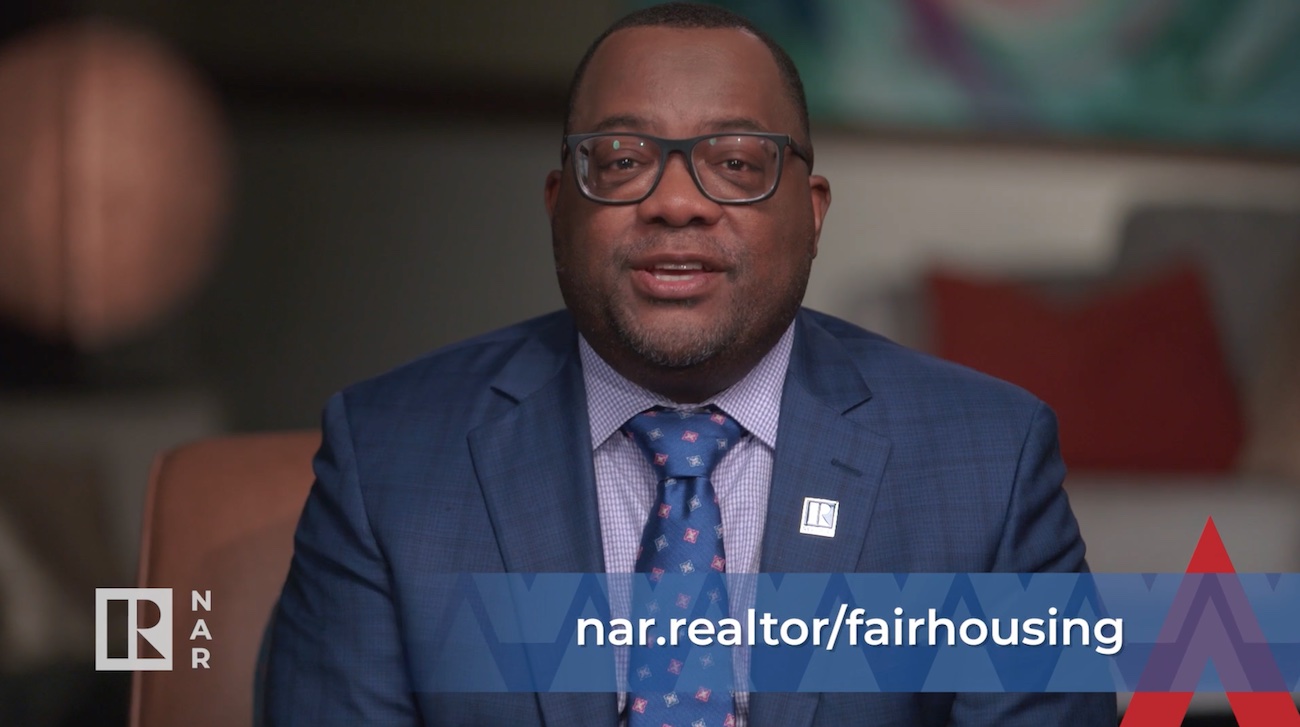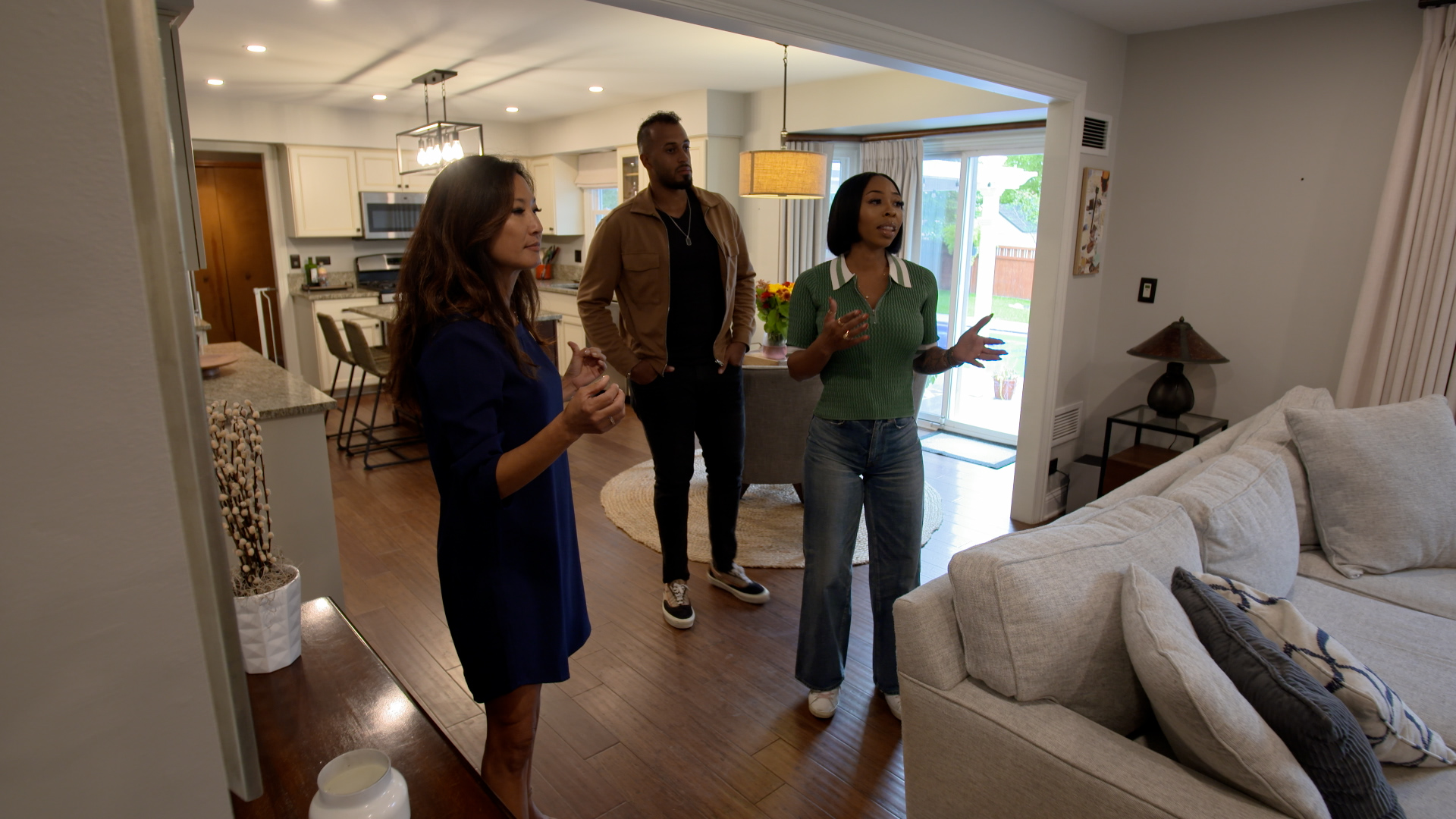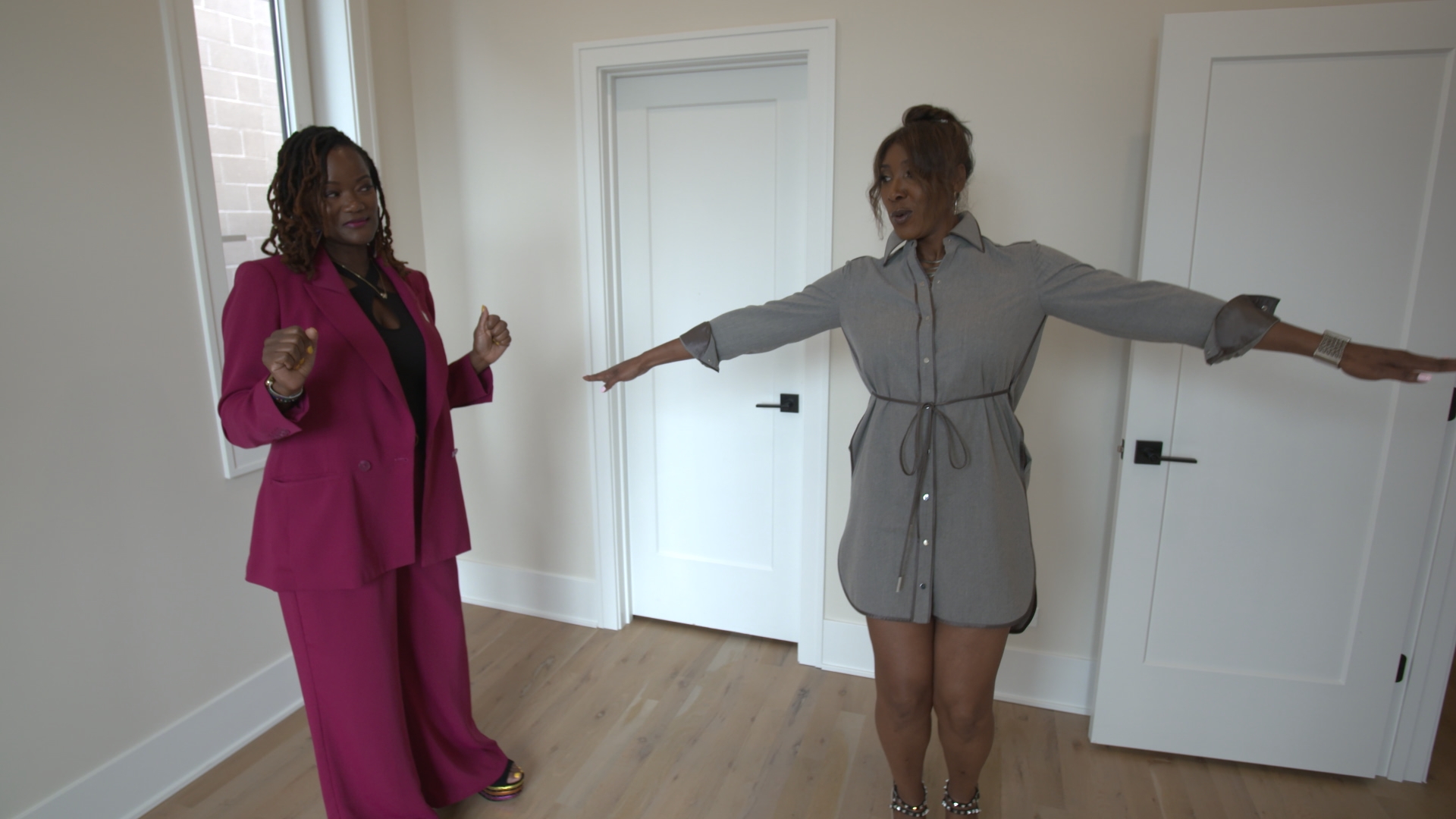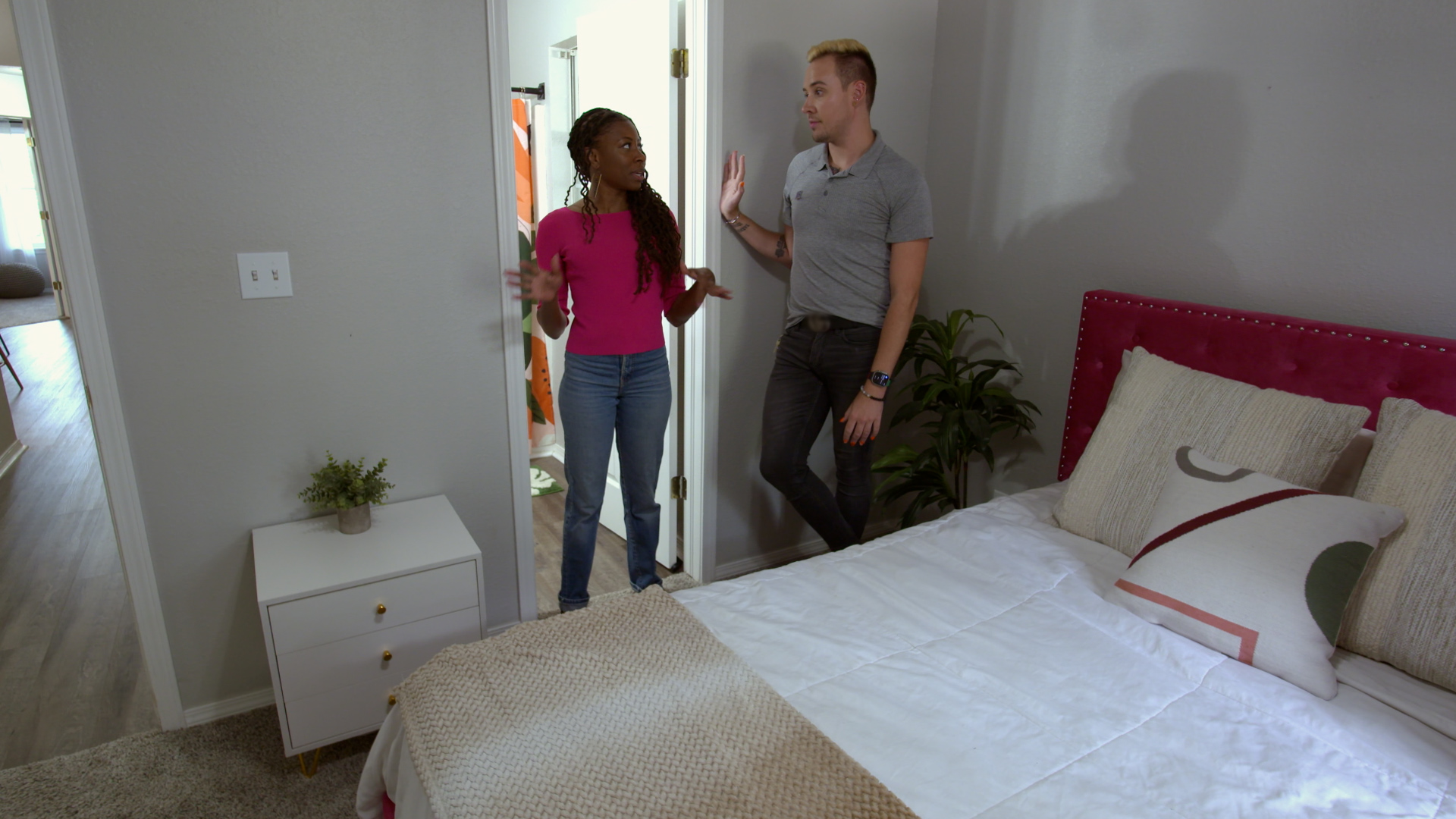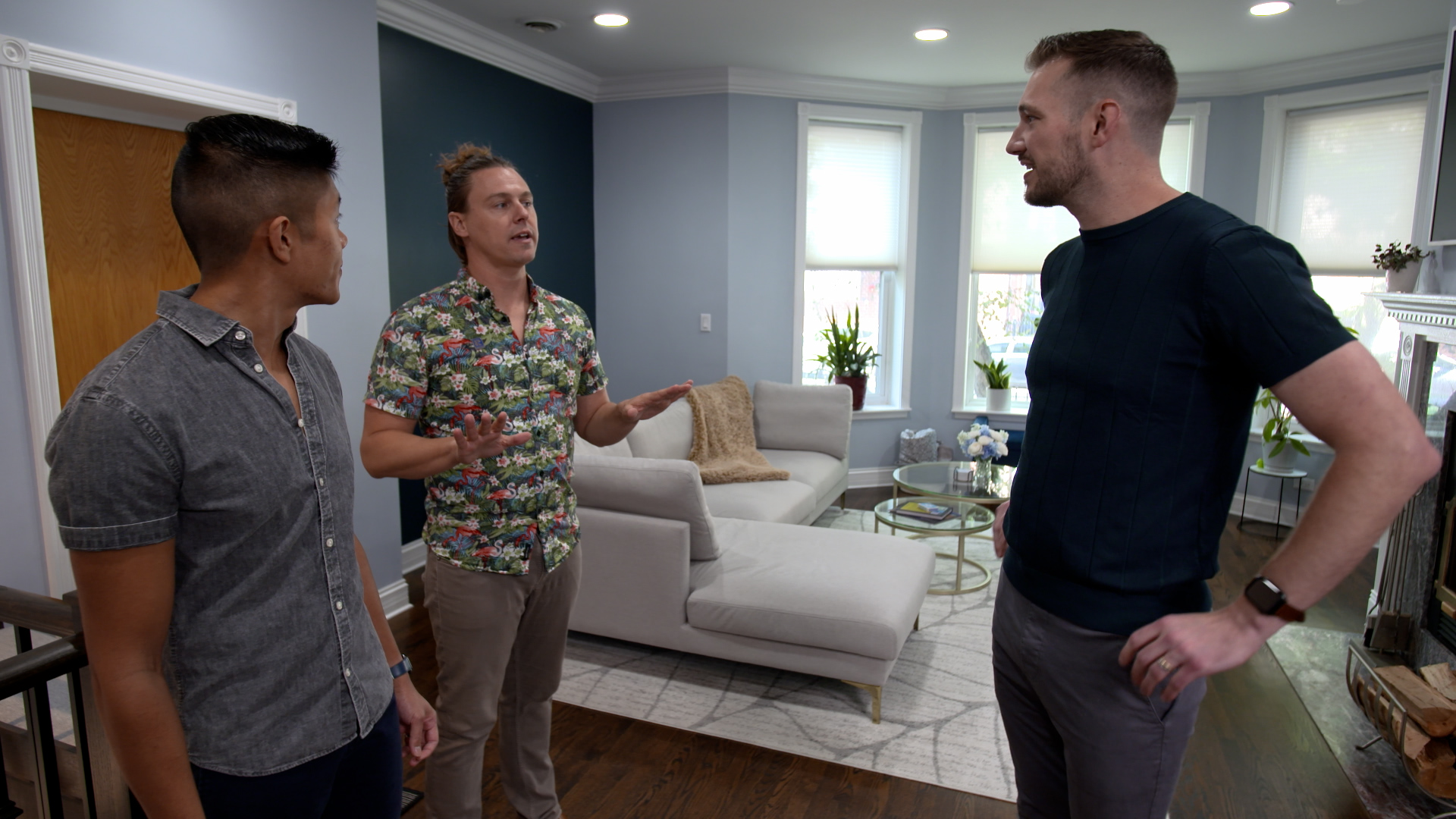Window to the Law: Showing Guidance During a Pandemic: Transcript
After a decline in real estate sales at the beginning of the COVID-19 pandemic, the residential market is rebounding at a rapid pace. However, the coronavirus is still actively spreading in many parts of the country, making in-person showings a potentially risky activity. In this video, I’ll share a few key guidelines that real estate professionals can follow to serve the best interests of their clients in selling or buying a home, while also protecting the health and wellbeing of all concerned.
Keep in mind that although in-person showings, and even open houses, may be allowed in your area, NAR continues to encourage members to use virtual showings and limit in-person activity in all aspects of the transaction as much as possible.
Real estate professionals who are conducting in-person showings can follow these guidelines to create a COVID-19 prevention plan to implement at all showings.
First, in-person showings must comply all applicable state and local executive orders, public health information, and federal, state and local government and agency guidelines.
For example, some states limit the number of people allowed at a showing, while others do not. Even within a state, open houses may be allowed in certain counties but not others. Additional showing restrictions may apply to tenant-occupied rental properties. Check with your local or state REALTOR® association, legal counsel, or the state licensing authority if you’re unsure what orders and rules apply to your area.
Next, ensure that any prerequisites to showing property are applied on a consistent basis.
Remember, fair housing laws cover all aspects of housing services, even during a pandemic, so any prerequisites must be used consistently. If you ask any client for a pre-qualification letter to limit showings to qualified and serious buyers, then you must ask all clients for such pre-qualification. If sellers have specific prerequisites for showings, ensure that those are likewise consistently and evenly applied.
And, if you ask clients to self-disclose their symptoms or exposure to COVID-19 in writing before showing a property, be sure to have a document retention policy for handling and disposing of the information once there is no longer a legitimate business purpose to maintain it.
Third, require COVID-19 prevention protocols at every in-person showing.
Communicate with your clients about the safety precautions you will take during an in-person showing, and get their agreement to follow such protocols. Every in-person showing should include essential prevention measures such as wearing a mask or face covering; requiring everyone entering a property to wash their hands or use hand sanitizer; avoiding touching surfaces like door handles or cabinet knobs; and practicing physical distancing at all times. At the end of a showing, be sure to wipe down any surfaces touched, including the keybox and key, with a disinfecting cleaner or wipe. Check out NAR’s Showing Guidance for more best practices before, during and after a showing.
Finally, have a communication plan to follow if a client reports a positive COVID-19 test result after an in-person showing. Check out NAR’s Sample Preparedness Plan which includes steps you can take if you or a client contracts the coronavirus.
For example, when a client tells you that they have tested positive for COVID-19, it’s important to let the others who may have come in contact with the infected individual know. When informing others, do not disclose the client’s name without the client’s prior written consent to do so. You can also help with contact tracing by keeping a detailed showing log including names, dates, property address, and contact information for the individuals who attended the showing.
Use these guidelines to create a COVID-19 prevention plan you can share with your clients and other real estate professionals to show that you are committed to ensuring health and safety at in-person showings. Visit nar.realtor/coronavirus for a collection of information and guidance documents designed to help real estate professionals navigate the pandemic.
Thanks for watching this episode of Window the Law.



























